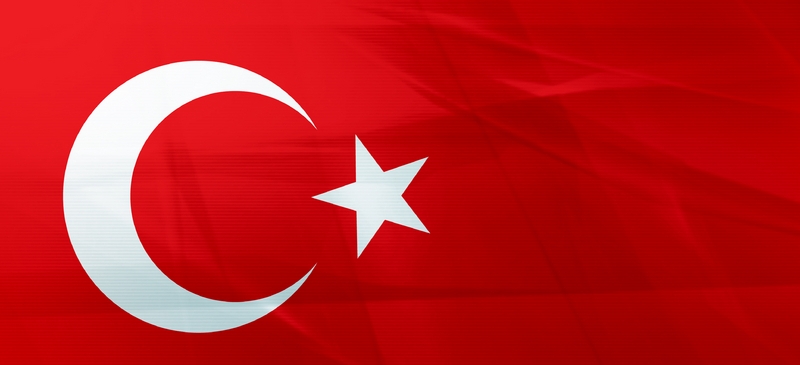
What Turkey’s crisis means for the EU
What Turkey’s crisis means for the EU
by Katinka Barysch
Turkey has aborted its presidential election and called for an early parliamentary one. The army, it appears, is still on stand-by. Prime Minister Erdogan accused the country’s highest court of having fired “a bullet at democracy” by declaring the first round of voting on his presidential candidate, Abdullah Gul, invalid.
As the drama unfolded, the EU remained largely silent – as it should. The current stand-off in Turkey is about secularism, about the mix of religion and politics, and about the role of an army that has traditionally seen itself as the defender of the Kemalist constitution. These are issues that the EU does not have much to say about. Individual EU countries would offer rather different answers. France would probably have a problem with a head-scarf wearing presidential spouse. The UK might well be more relaxed about it. All Europeans would abhor military intervention in politics. And few would share the army’s fear that a Gul presidency could tilt Turkey towards Islamism.
What matters for the continuation of the EU accession process is not who become the next Turkish president, but the way he is chosen. Democracy is about process, not personalities. Enlargement Commissioner Olli Rehn has rightly sent a thinly veiled warning to the Turkish generals to stay out of politics and respect the rules of democracy.
If the army interfered actively in the process, the EU would have to freeze the membership talks. The fulfilment of the political part of the Copenhagen accession criteria is a precondition for conducting negotiations. Turkey could not plausibly claim to have a ‘well-functioning democracy’ if unelected generals had the last say in politics.
But if the army keeps making angry noises but otherwise stays on the sidelines, the accession process can and should continue. Indeed, the current turmoil could be a sign that Turkish democracy is maturing. Turkey may be undergoing a necessary – though stressful – convulsion on the way to a more solid and stable democracy. It may be dawning on the generals that in a ‘well-functioning democracy’ they can no longer be the ultimate arbiter of who runs the country. If Turkey gets through the current crisis with its democratic institutions intact, it will have taken another important step towards becoming a mainstream European country.
Katinka Barysch is chief economist at the Centre for European Reform.
